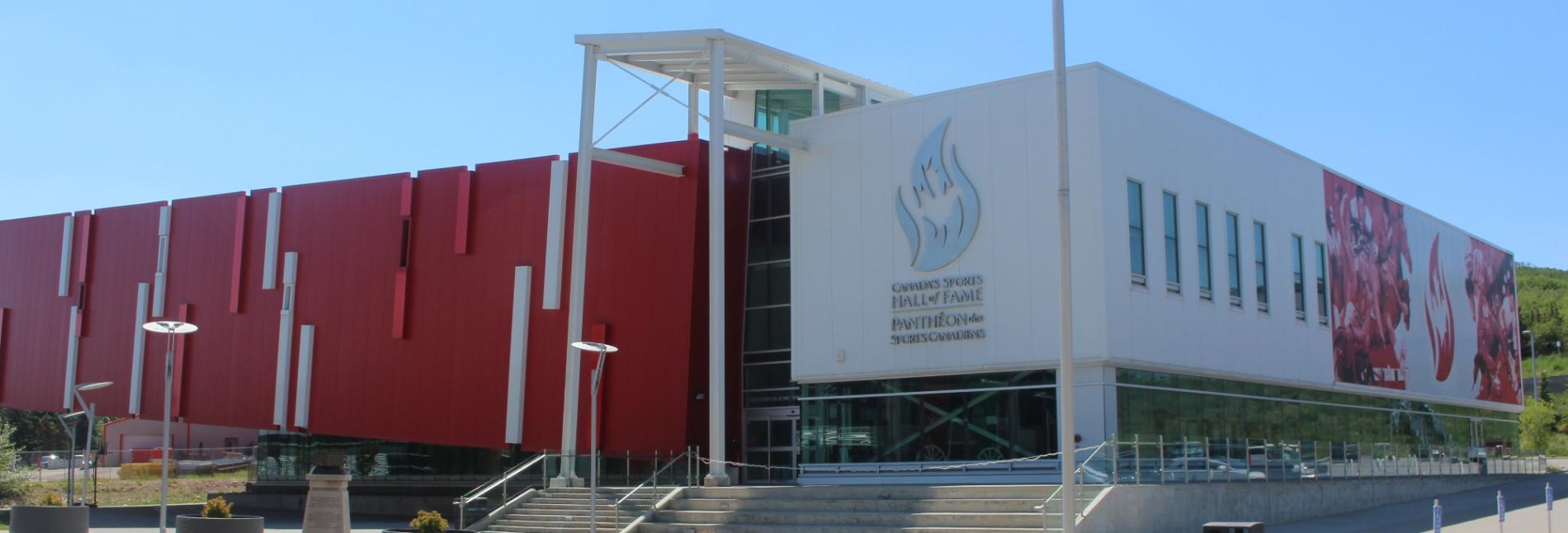Hall of Famer
Phil Edwards
Inducted in 1997
Member Details
Career Highlights
Amsterdam Olympic Games - bronze medal in 4 x 400m relay
Los Angeles Olympic Games - bronze medals in 800m, 1,500m, and 4 x 400m relay
Berlin Olympic Games - bronze medal in 800m
Lionel Conacher Trophy
First recipient of Lou Marsh Trophy

Story
Originally from British Guiana, Phil Edwards moved to Canada with hopes of furthering his running career and participating in the Olympic Games. His aspirations were more than fulfilled; Edwards soon became one of Canada's most prized track-and-field stars of the late 1920s and early '30s, as well as its most decorated Olympic athlete. In all, Edwards, the "Man of Bronze," won five bronze medals from three Olympic Games. This astounding number of Olympic medals was not matched by another Canadian until 2002. At his Olympic debut in 1928, Edwards won a bronze medal with the Canadian relay team and placed fourth in the 800m race. He returned as captain of the Canadian Olympic track and field team in 1932 to claim bronze in the 800m, 1,500m, and 4 x 400m relay race. Edwards completed his collection with another bronze in the 800m event at the Games in 1936. Amazingly, Edwards achieved the majority of his Olympic success while studying medicine at McGill University. On top of his studies and his Olympic training, the young athlete competed in every intercollegiate championship in his six years at McGill, leading the university to the track-and-field title each time. In addition to his Olympic success, Edwards set 13 national records and claimed middle-distance titles in the US, Ireland, Poland, and Latvia. He also won gold in the 880-yard race representing British Guyana in the British Empire Games (now called the Commonwealth Games) of 1934. He was the first Black athlete to claim a gold medal at these Games. An exceptional sportsman, Edwards was the very first recipient of the Lou Marsh Trophy as Canada's top athlete in 1936. The same year, he was also awarded the Lionel Conacher Trophy as Canadian male athlete of the year. After establishing himself as a world-class athlete, Edwards put his education to good use, becoming a leading physician and tropical disease expert in Montreal. Despite stepping out of the competitive realm, Edwards found ways to remain active in the world of athletics. In 1957, he and Jim Worrall initiated Canada's first international sports development project. This program, which was geared toward assisting young athletes in the eastern Caribbean, was the forerunner for the Canadian Sports Development Program.






